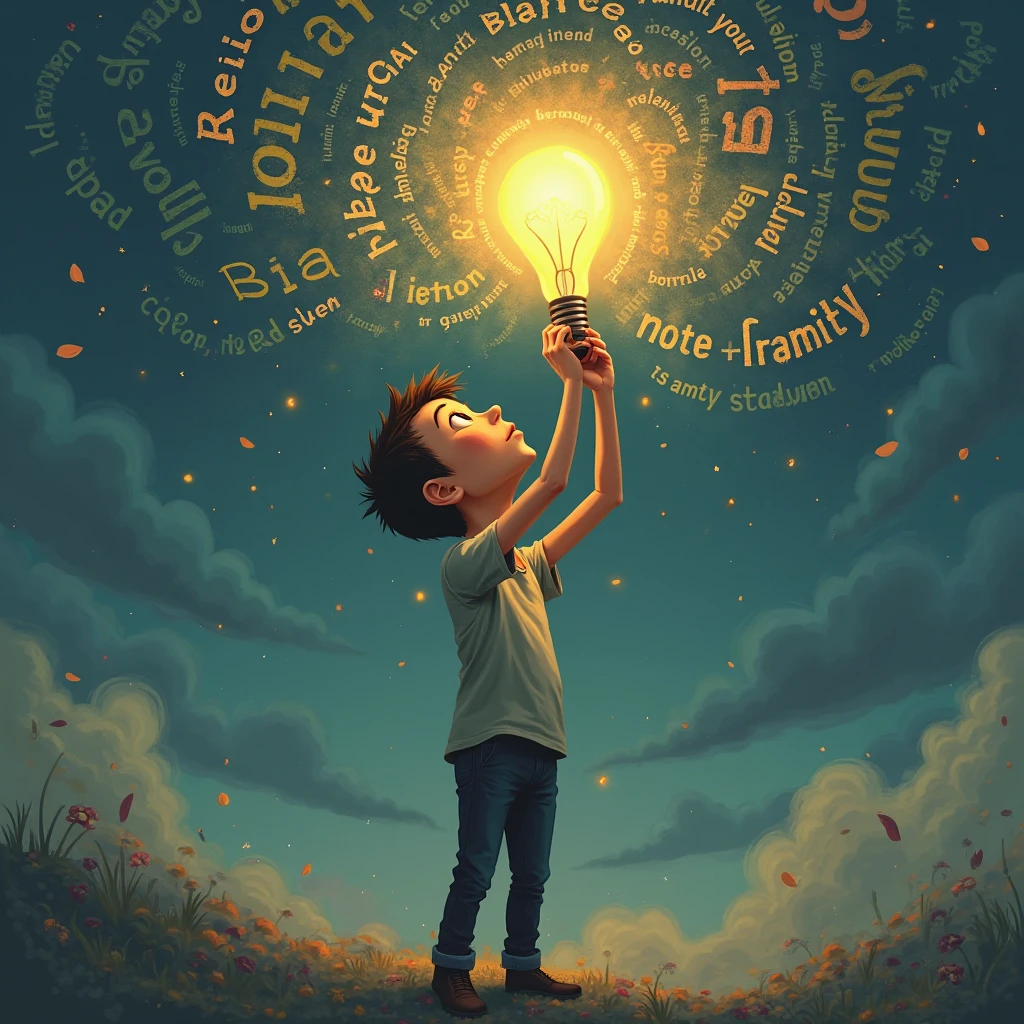Psychology isn’t just for textbooks—it’s a window into why we think, feel, and act the way we do. These Fun Psychology Questions will challenge your understanding of human behavior, uncover cognitive biases, and reveal how your subconscious mind shapes choices. Whether you’re curious about personality types or how social media rewires our brains, let’s dive in!
What Do Your Choices Say About Your Personality?
Fun Psychology Questions: If you had to lose one sense, which would you pick—sight, hearing, or touch?
Your answer might reflect your personality types or priorities. For example, someone who fears isolation might prioritize hearing to stay connected. This ties into the nature vs. nurture debate—are our traits innate or shaped by experiences?
Studies show that mental shortcuts often guide decision-making (like picking what feels safest). Test this: Next time you’re stuck choosing lunch, ask yourself—are you hungry or just avoiding a challenging task?
Can You Spot These Cognitive Biases?
Fun psychology question: Why do people believe horoscopes even when they are vague?
This relates to the Barnum effect. It’s a cognitive bias where we believe vague statements as if they are true for us. For example, “You’re hardworking but need validation.” Social media thrives on this—think viral quizzes claiming to reveal your “true self.”
Try this: Scroll through your feed and count how many posts use broad claims. You’ll see how platforms exploit our subconscious mind to keep us engaged!

How Does Social Media Rewire Our Brains?
Fun psychology question: Do you check your phone more when bored or stressed?
Social media algorithms prey on emotional intelligence gaps. When bored, we seek dopamine hits from likes; when stressed, we numb emotions with endless scrolling. This creates mental shortcuts—habits that replace deeper coping strategies.
Break the cycle: Leave your phone in another room for one hour today. Notice if boredom feels sharper or if creativity sparks!

Nature vs. Nurture: Are We Born or Made?
Fun psychology question: Would your hobbies be the same if you grew up in a different family?
The nature vs. nurture debate asks how genes and environment shape us. For instance, a love for painting could stem from a parent’s influence (nurture) or a natural knack for creativity (nature).
Human behavior studies reveal that most traits blend into both. Even personality types like introversion can shift based on life experiences.

Can You Outsmart Your Subconscious Mind?
Fun psychology question: What’s the first word you think of when you hear “apple”?
Your answer—may be “fruit,” “iPhone,” or “pie”—reveals how your subconscious mind links ideas. These associations are shaped by mental shortcuts that speed up thinking. But they can also fuel biases.
Test yourself: Write down three words linked to “success.” Do they reflect your goals—or societal pressures?
Why Do We Love Mind Games?
Fun psychology question: Would you rather win 1,000 or have your best friendwin1,000 or have your best friendwin10,000?
This tests emotional intelligence and values. Some pick $1,000 due to envy (a cognitive bias), while others prioritize relationships. Mind games like this expose how we weigh logic vs. emotion in decision-making.
Try it on friends! Their answers might surprise you.
The Takeaway: Psychology Is All Around You
Fun Psychology Questions are more than just fun—they’re great for self-awareness. Whether you’re at a party or alone, these questions explore how your mind works. Human behavior, biases, and the influence of social media shape our choices. Often, we don’t even notice this influence.
Have you ever thought about why you trust some people right away but doubt others for no reason? Or why certain ads linger in your mind more than others? That’s your brain using mental shortcuts, or heuristics. They help us make fast decisions.
The right questions can change these patterns. Questions about memory, emotions, motivation, or the nature vs. nurture debate push us to look deeper. Do our thoughts come from biology or our environment? To what extent are we in charge of our reactions?
Next time you’re about to scroll mindlessly or judge quickly, stop. Ask yourself: What’s my brain really doing? The response may surprise you and aid in your own development. Fun psychology questions are magical. They provide a playful way to gain serious insights.


